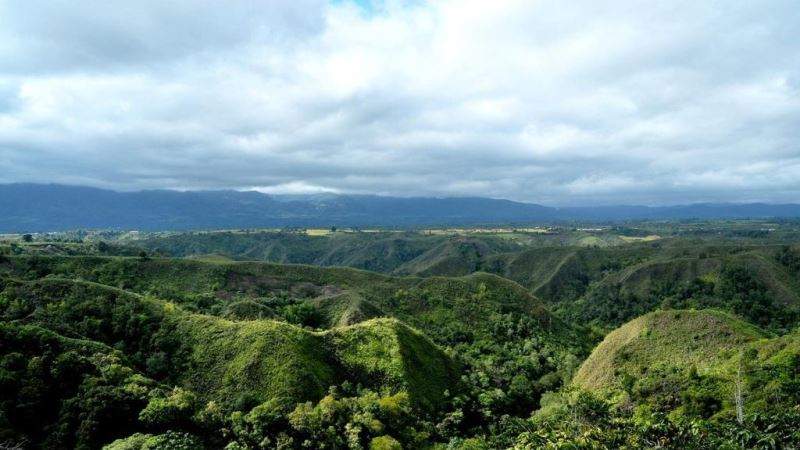
The Asian Development Bank (ADB) has signed an agreement to provide a $175.3m loan to PT Supreme Energy Rantau Dedap (SERD) to support the second phase development of the company’s geothermal power project in South Sumatra, Indonesia.
The Rantau Dedap project is being developed by SERD, a joint venture between Indonesian geothermal power developer PT Supreme Energy, Japanese firms Marubeni and Tohoku Electric Power, as well as French utility Engie.
The agreement is part of the ADB’s efforts to scale-up private sector-led infrastructure development and support clean energy investments in the Asia-Pacific region.
With the loan, the Rantau Dedap geothermal facilities are expected to generate more than 90MW of electricity, which will help power up to 130,000 homes, create jobs and avoid more than 400,000t of carbon dioxide emissions every year by 2021.
ADB private sector operations unit head for Indonesia Yuichiro Yoi said: “This innovative, phased financing proves that adequate risk allocation allows the private sector to successfully develop geothermal projects in Indonesia.
“The project also demonstrates Indonesia’s strong commitment to developing renewable energy sources to diversify its energy mix and reduce its carbon emissions.”
With an estimated 29,000MW of potential in geothermal power generation, Indonesia has 40% of the world’s geothermal reserves.
It is expected that the country’s geothermal reserves will contribute to its efforts to reduce carbon dioxide emissions by 29% by 2030.
As part of the financing, the company will also administer an additional loan provided by the Clean Technology Fund (CTF), which is a rollover amount from an existing CTF facility for the first phase of the project.
According to ADB, the CTF loan for the first phase helped to confirm the commercial resource size and allow the project to proceed with the financing of construction and operations.
Apart from ADB, the Japan Bank for International Cooperation and three commercial banks are respectively providing $188.8m and $125.9m in financing for the project under a guarantee from Nippon Export and Investment Insurance.



